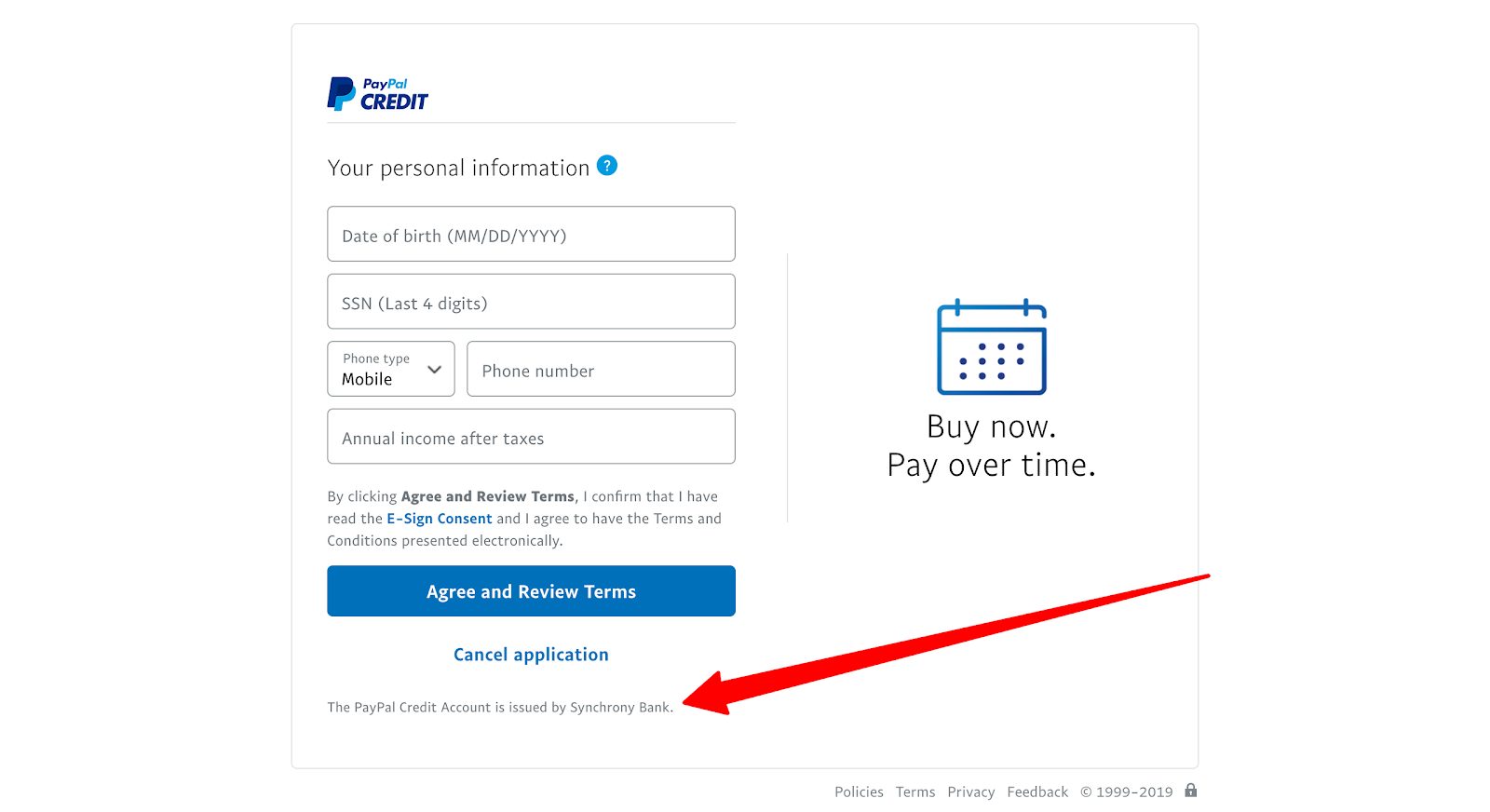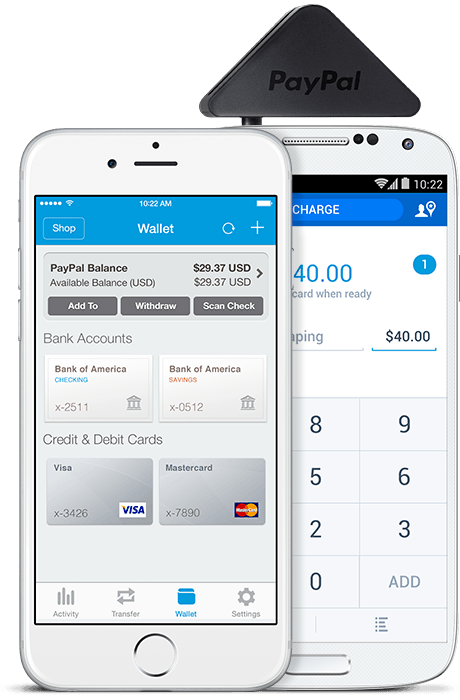

Bicycle Bluebook, a secondhand bike-resale site, requires all sellers to include serial numbers, which provide authentication along with proof that the bike hasn’t been reported stolen.


MIDDLEMAN PAYPAL VERIFICATION
As an anti-fraud measure, tech resale site Swappa requires verification photos-photos of the product, along with a handwritten unique code Swappa sends the seller. Facebook Marketplace and eBay give you the option to buy and sell items locally or online, offering fraud protections if you choose the latter. Local apps like Nextdoor, OfferUp, and Letgo forgo online payments as a security measure, pushing in-person exchanges instead. The RealReal, a luxury consignment site, also goes to great lengths to verify legitimate high-end items. Depop, ThredUp, and Poshmark, all used for clothing and accessory sales, authenticate vintage and designer products so buyers know they’re looking at the real deal. Use a trusted resale websiteīefore buying or selling anything online, conduct your own background check on the site you want to use. Here’s what you can do to protect yourself, with recommendations for resale sites that Wirecutter staff members use themselves. Whether you’ve been duped in the past (and want to avoid a repeat) or haven’t been scammed (and want to keep it that way), you should always take precautions when scrolling through a resale site. As a result, there’s very little legal recourse if you’ve been scammed. Being vigilant while buying and selling on a third-party resale website is especially important because “often, these scams take money that the consumer voluntarily transfers from a bank account,” said Eric Coakley, a Denver-based litigation attorney working in consumer protection. In 2019, consumers reported more than 173,000 instances of online shopping fraud to the Federal Trade Commission (PDF) it was the third biggest source of complaints, after imposter scams and telephone scams. I learned a $20 lesson that day: When it comes to shopping online for secondhand stuff, even on sites that have buyer and seller protections in place, the onus largely falls on you to protect yourself from scammers. After chatting with the seller in the comments section of the show’s Facebook events page (and ignoring all the red flags), I sent the money for tickets via PayPal-only to never hear from her again. The first and only time I fell for a scam, I was looking online for concert tickets to a sold-out show.


 0 kommentar(er)
0 kommentar(er)
